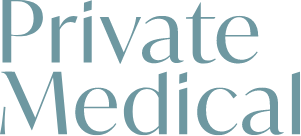If the pandemic has done one thing, it has made us all revisit our concept of health, life, and risk. The last 18 months has put a very fine point on how we embody this risk. If we abstract ourselves out of the pandemic and look at our lives through the same lens we can get a better understanding of how we want to live our lives and how much risk we are willing to take or avoid to live longer lives.
The term health span, in distinction to lifespan, reflects time in optimal health, without disease or suffering. Said another way, it’s fewer interactions with the healthcare system and more efficient prevention and monitoring strategies. An intelligent surveillance strategy identifies disease and treats it early. This is the lynchpin to health span – and lifespan. We may not always be able to prevent cancer, but we can be diligent about screening and likely cure.
The science of longevity is exciting and fraught. In our upcoming issues, we will be writing a three-part series titled Longevity: The Gurus, The Science, and the Pursuit of the Truth. The goal will be to illuminate the burgeoning industry, its promoters, its critics, its leading scientists, and the daunting obstacles to understanding complex system biology. To quote John Muir, a great naturalist: “When one tugs at a single thing in nature, he finds it attached to the rest of the world” – this goes for biology, physiology, and human health.
If you have specific questions on aging or longevity, please email [email protected] and we will have our experts review.






